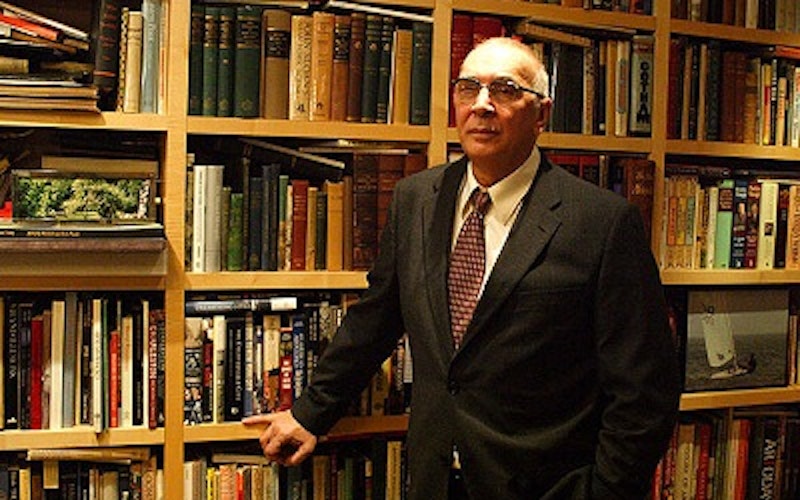
Culture At Large
Frank Langella and fame
I recently came across two interviews with Frank Langella discussing his memoir Dropped Names: Famous Men and Women as I Knew Them. I first saw Langella on the Tavis Smiley Show and then Charlie Rose the next night. Both times I watched with great fascination as Langella talked as much or more about what he learned as a result of writing the book as the famous figures (all deceased) in the text.
In the midst of discussing Rita Hayworth with Smiley, Langella stated that after writing the book he became aware of how many famous people weren’t well parented. By this he meant that no imprimatur (in the sense of approval) was given to them and the result was great damage to their identity. He added that while many famous people went into show business or similar careers as a means to address the damage, what actually happened is that the trappings, perks and rewards of fame covered up the deep damage. He noted that many of these people succumbed later in life to the damage, especially after the spotlight had moved on. In a similar vein, Langella told Rose that “Fame is corrosive.” The reason for this is that the “toys” and other products/elements of fame (power, one’s name, wealth, sex appeal, etc.) create a distance between the person and their deepest self, keeping them from addressing the most fundamental things in their lives, which does not serve them well as they get older.
Langella did not put himself forward as a saint (indeed far from it), but as more of a survivor who is also a damaged person but who has gotten to a place where fame is not something he needs to protect himself from the shifting winds life brings. As I watched these interviews a few times, I pondered why it is that so many of us are seduced by the what Lady Gaga aptly titled “The Fame Monster.” (I’m not much of a fan, but she got that one right.)
When I was growing up, people who graced the television and movie screen were a rare breed who occupied a special place in the universe off limits to mere mortals. I wondered how anyone could actually cross paths with famous actors and actresses, stars of the music world, great athletes and even those on local and national news broadcasts. These were people who had a level of public recognition and approval that many dreamed of but few could ever attain; I’m not sure as a child that I believed they were human like the rest of us.
Why is fame as seductive for Christians as much as anyone else?
Things have changed a lot since then. There’s still a rarefied world occupied by celebrities, but the possibility of orchestrating one’s own fame is now available via the world of social media. If you make the right kind of YouTube video or find a niche in certain domains of the blogosphere, you might have a shot at getting at least five minutes of fame, if not the full Warhol 15. But why do we want it? And why is this as seductive for Christians as much as anyone else? What do we believe will happen to us and for us if we arrive at stardom (whether hard fought or sudden)? What does this mean about the way that our faith penetrates to the core of our identity and how we address our brokenness?
My sense is that what happens with many people is that they see the serial carnage of lives that succumbed to internal dysfunction or fame’s corrosion, yet they say “I’ll get it right. I’ll be careful and I won’t be one of the statistics.” But what often happens is that fame monster consumes them as well.
I don’t think public recognition is toxic by definition, nor do I believe that we should run from affirmation. Indeed, affirmation is important, but are we aware of the difference between healthy affirmation and addictive, heroin- or crack-like approval that keeps us from learning how to travel through this often disappointing life until the eschaton comes?
What Do You Think?
- What aspect of our brokenness does fame seem able to heal?
- Is public recognition something Christians should avoid at all costs?
- What are examples of people who have best handled fame?
Topics: Culture At Large, Arts & Leisure, Entertainment, Books